What is Sound Engineering?
Introduction
What can be Sound engineering? This is a thrilling area to be in with a ton of nice career alternatives. Being a sound engineer is an ideal professional selection for folks excited by both technology and the arts.
There’s a variety of technical experience required to be an expert sound engineer, but it surely also requires an artistic spark and pure expertise that helps musicians and performers understand their creative intent as an artist.
In case you have a delicate, well-trained ear and enjoy messing around with music and electronics, turning into a sound engineer will be the rewarding profession you’ve been searching for.
So, what does a sound engineer do anyway? As you’re going to be taught, there’s rather a lot to it. If you wish to learn to develop into a sound engineer, choose the right audio engineering school.
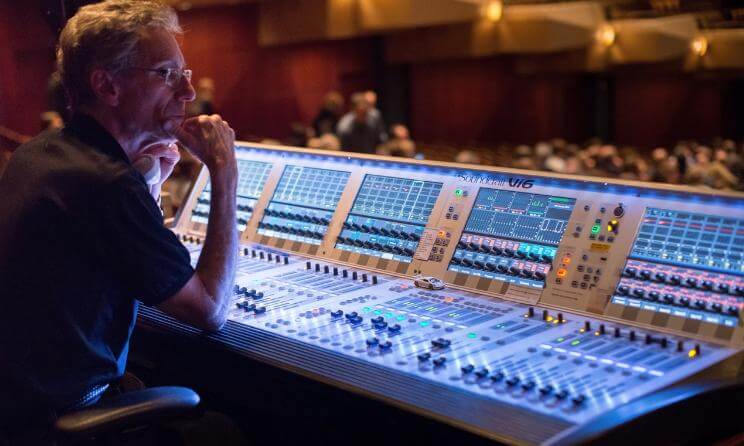
What Sound Engineer Does?
What does a sound engineer do? The typical vision of a sound engineer is somebody that’s in front of an enormous soundboard with all dials, bells, and whistles. This is a dream job for folks like us, that like to work with music!
Now, although there’s some fact to that, the person sitting in front of that soundboard may very well be a sound engineer or they may very well be an audio engineer. These two roles are related, however, a sound engineer technician has extra responsibility for the success of a project than an audio engineer.
If you wish to keep in business, you have to have the ability to finish tasks efficiently. The excellent news, working as an audio engineer is a superb stepping stone for changing into a sound engineer. Even better, sound engineering jobs are in demand.
A sound engineer is accountable for the technical aspect of recording or live performances. The sound engineer designs and manages sound levels and outputs.
They’re additionally accountable for sustaining the physical sound equipment, like amps and microphones. In total, there’s a variety of totally different roles sound engineers play a part in.
When a sound engineer is engaged in a recording, the accountability doesn’t finish with recording that performance. The sound engineer will be responsible for mixing, modifying, and mastering tracks in order that they present the very best performance for an artist, delivering what that artist desires to see.
Among those two examples of sound engineering, here are other roles similar to those two:
- Studio Engineer
A studio engineer works carefully with producers in a studio. Typically studio engineers are close to the producer and also work independently. - Assistant Engineer
An assistant engineer often works in a studio setting as well. They’re usually apprentices to studio engineers who own or work in large services. - Recording Engineer
A recording engineer is somebody who focuses particularly on the aspect of recording sound. - Game & Audio Design Engineer
A game & audio design engineer helps work with sound engineering on video games, as well as how to appropriately add sound to the game. - Mix Engineer
A mix engineer focuses on mixing together various tracks to mesh and create a brand-new track. - Mastering Engineer
A mastering engineer smooths over the outcomes of a mix engineer, making the ultimate product into a completed product. - Live Sound Engineer
A live sound engineer works on live occasions to ensure the sound is of appropriate worth and prime quality. - Monitor Engineer
A monitor engineer works with live sound engineers to assist the performers at live happenings. - Systems Engineer
A systems engineer manages the whole expertise of sound at live performances. Systems engineers handle each live sound engineer and monitor engineers and likewise work to arrange the whole live sound system at many live occasions. - Audio Post Engineer
An audio post engineer works to mix and edit audio for tv and cinema.
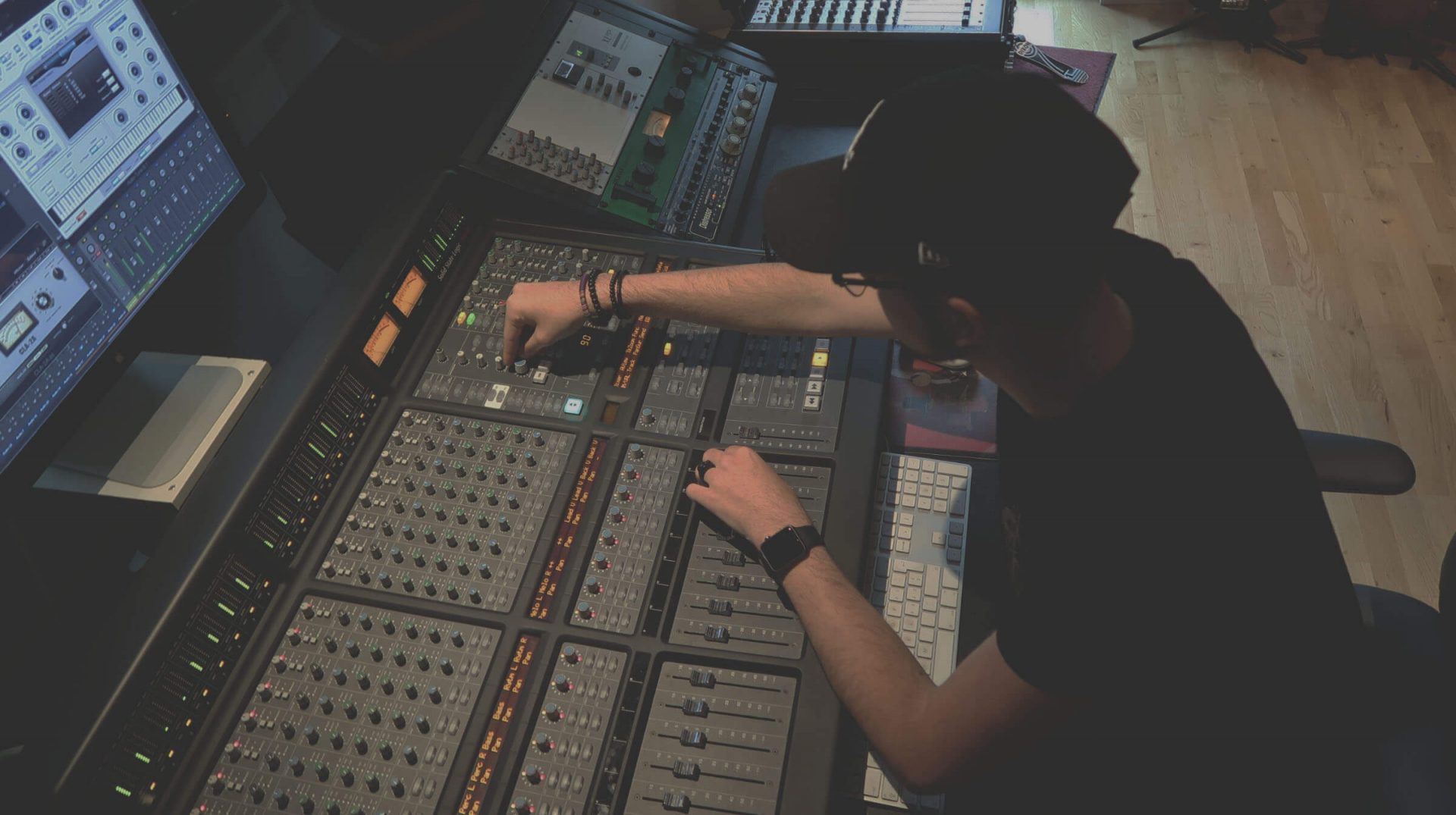
Ready to take the next step in your sound engineering career? Explore the wide range of opportunities available on Jooble!
Choosing your Path
Being a strong listener is a crucial part of being an audio engineer or music producer.
An engineer or producer monitors the sound to know how listeners will hear it. A very powerful tool at their disposal is their ears. They must perceive how all items of the music sound individually in addition to collectively.
The audio engineer or music producer might want to accurately assess if the optimum sound is utilized in any given part of the music. Having good ears comes naturally, however, may be cultivated with training. It’s one factor to be a very good listener, however, it takes expertise and coaching to know what you ought to be listening for.
In an effort to become a sound engineering technician, you must first determine what you wish to do. Do you wish to journey and work live sound for a music group’s live performance tour? Do you wish to be a studio audio tech and record music from many alternative artists within the confines of a recording studio? Do you wish to create soundtracks for movies or video games?
Or, do you wish to do live events without the journey and change into the “house” engineer for a club venue? It’s not that you can’t do all of those, however at first, it’s greatest to give attention to just one of these because the gear, software, and methods differ between the four.
What’s the workplace of an Audio Engineer like?
The office of an audio engineer varies by what every engineer chooses to focus on.
Audio engineers are found working in locations reminiscent of music studios, movie studios, and tv studios, with band crews, tour crews, event crews, upkeep crews, opera homes, play homes, theatres, convention centers, auditoriums, government places of work, and establishments of upper education.
Sound engineering depends on where your expertise lies and in which way you will focus your work.
Where an audio engineer works depends upon their persona, expertise, subfield, work ethic, location, and wage requirement. There are various different places in North America and around the world for audio engineers to seek out employment
Right here’s a listing of all of the job possibilities on the market in the trade, provided you have experience in audio production and engineering:
- Acoustics/Design
- ADR (Dialogue recording for a movie)
- Automobile Audio
- Cellphone Ringtones and Apps
- Church Audio
- Commercials TV Radio
- Live performance + Tour Promotion
- Company Presentations
- Courtroom Documentation
- Distribution
- Academic Video Production
- Engineer: FOH
- Engineer: Monitors
- Field Recording: Sound Libraries, BioAcoustic Analysis; Nature Sounds
- Movie
- Foley Engineer/Editor
- Forensic Audio
- Gaming (PC/Mac, Console, Apps, Cellular)
- House Theater
- Web Radio
- Set up: Equipment, Sound Programs, House Theaters, Upkeep & Restore
- Licensing
- Live Performances
- Live Internet Casting
- Mixing Engineer
- Film Audio
- Music Composition
- Music Performances
- Music Production
- Music Restoration
- Music Therapy
- Music Videos
- Podcasting
- Post-Production Engineer
- Publishing
- Recording Engineer
- Royalties
- College Events
- Sound Design
- Sound Effects
- Sound Library Technician
- Speech Recognition Training and Development
- Sporting Occasions
- Sports activities Broadcast
- Studio Engineer
- Studio Maintenance
- Studio Administration
- Tv/Radio Broadcast
- Theater Performances
- Voice Overdubs
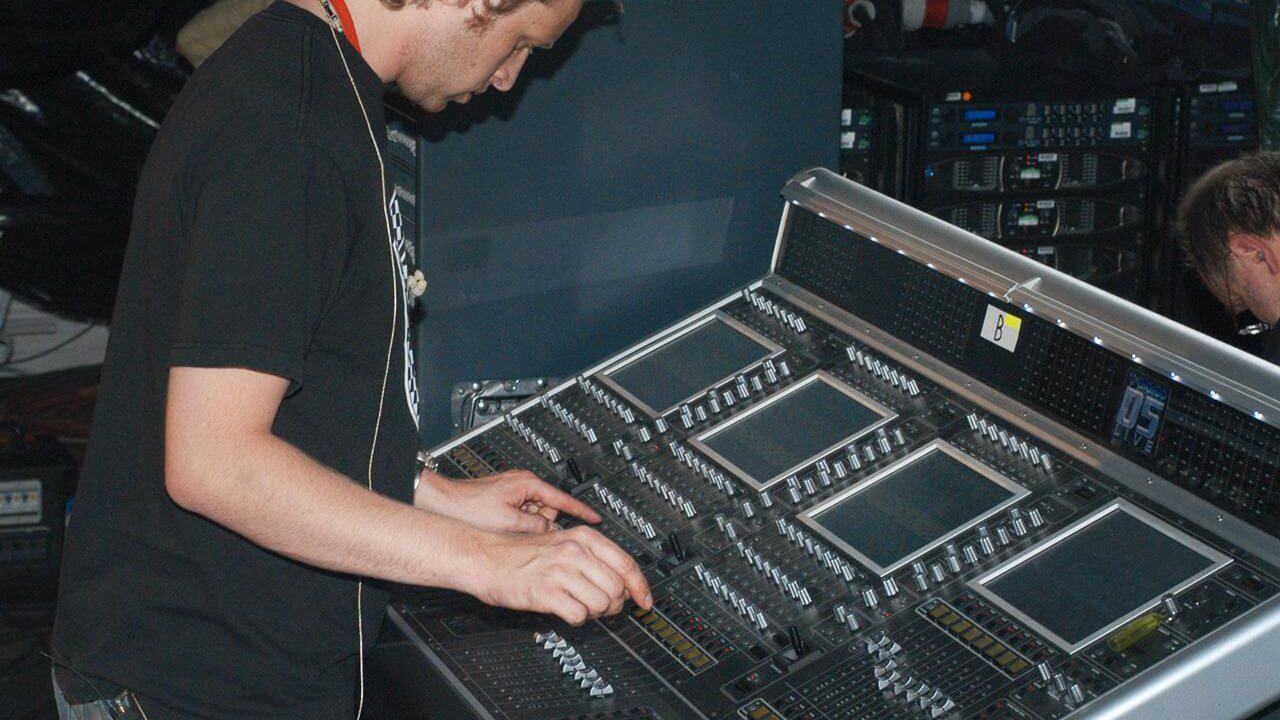
Tips on how to Become an Audio Engineer
Sound engineers can come from a wide range of backgrounds and academic experiences. Postsecondary coaching in radio, tv, music, audio, performing arts, broadcasting, or electrical engineering all can result in a profession in sound engineering.
Many schools and universities provide particular coaching in audio engineering and sound recording. Usually, although, audio engineers haven’t any formal training, as an alternative attain skilled expertise and skills in audio by way of intensive on-the-job experience.
Loads of colleges in the US and universities in the UK additionally provide particular programs in audio engineering and sound recording. Often, sound engineers don’t have any formal training and can acquire skilled experience and skills via studying on the job.
The main methods to get an audio engineering job are:
- Attending particular college/school programs
- Gaining an apprenticeship
- Working toward the role
- Specialist sound engineering programs run by non-public coaching providers
The Society of Broadcast Engineers offers an examination to develop into a licensed audio engineer (CEA). 5 years of expertise within the field are essential to take the exam, and having the certification could make audio engineers extra interesting as job candidates in some circumstances.
A bachelor’s diploma in an associated field of research counts as four of these years and an affiliate’s diploma counts as two. Even going on with the exam, it will be clearer to you what is audio engineering in detail when you meet the questions.
Suggestions
Like most jobs within the music business, expertise is vital to getting sound engineer jobs. Nonetheless, additionally having the ability to make contacts might be essential when searching for future job alternatives. Having a very good understanding of music and recording expertise is a should, however, you may additionally uncover it’s helpful to know physics and electronics.
Other key attributes that can assist you to succeed as an audio engineer are:
- Guarantee you have got good consideration to detail
- Good understanding of pc working programs, hardware, and software
- In a position to work carefully with others
- Have the ability to adapt under stress and settle for criticism
- Be open-minded and versatile to change
- You’ll need to have perseverance and determination to succeed
- Good customer support expertise
- Perceive media production and communication
Conclusion
So, there you have it – all it is advisable to learn about is what an audio/sound engineer does! If in case you have nice information about audio and you might be obsessed with turning into an engineer, there are many routes you may take in an effort to obtain your objective.
If you’re inquisitive about studying more, then perhaps a university or diploma course in audio engineering is for you. Alternatively, if you wish to get caught in right away, you may strive to search for work experience – whether or not that’s by volunteering or an apprenticeship.
This way you may uncover in a short time if it’s the proper path for you. In case your understanding develops, you’ll come out on the other side with far more information than you had earlier!
To be an audio engineer takes plenty of resilience, so be sure to work hard. No person stated there’s a simple route, however, when you discover a path that’s best for you, we’re certain you should have the potential to succeed.
No matter if you are into editing, mixing and mastering, working in a recording studio, or simple sound recording, the engineer is responsible for these tasks. Sound quality should always be your first aim, and with formal training, all the technical aspects will fall into place.

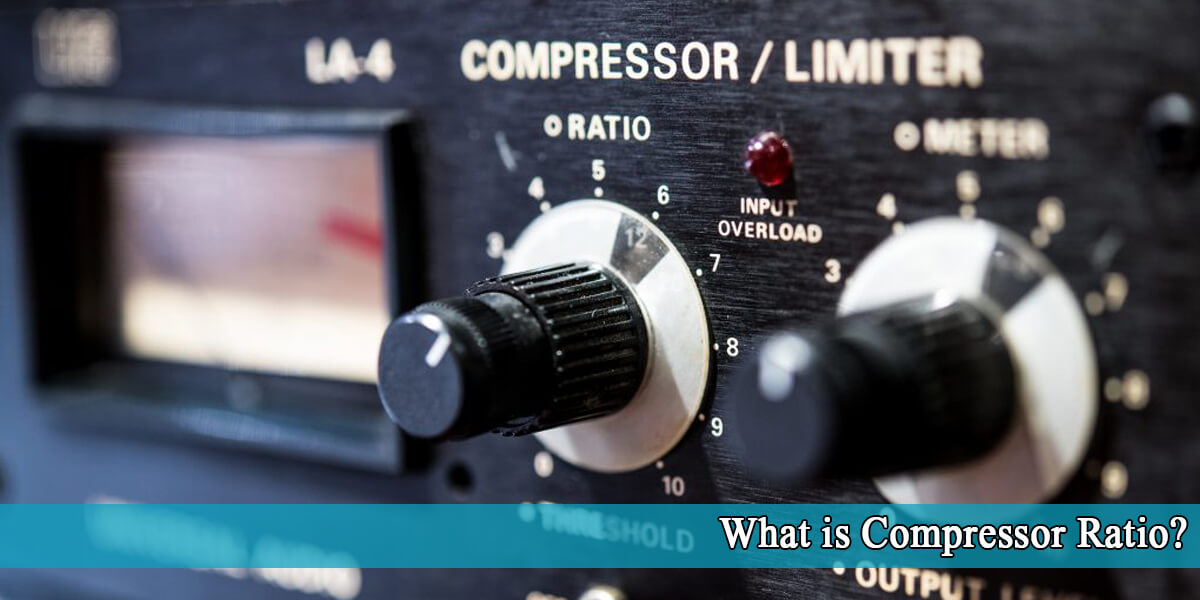



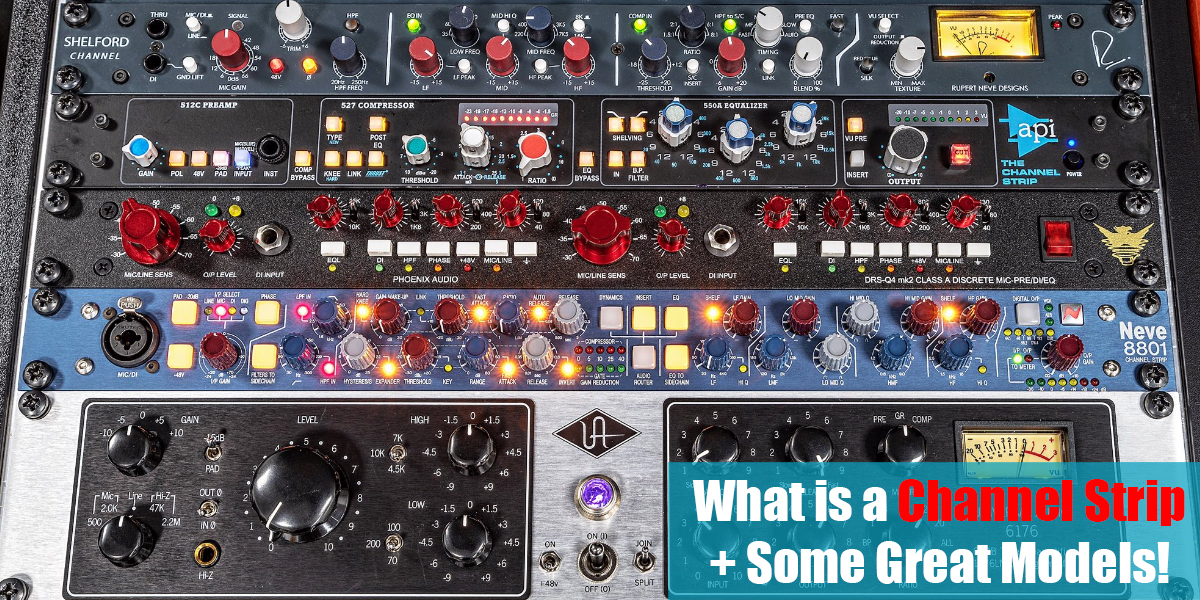
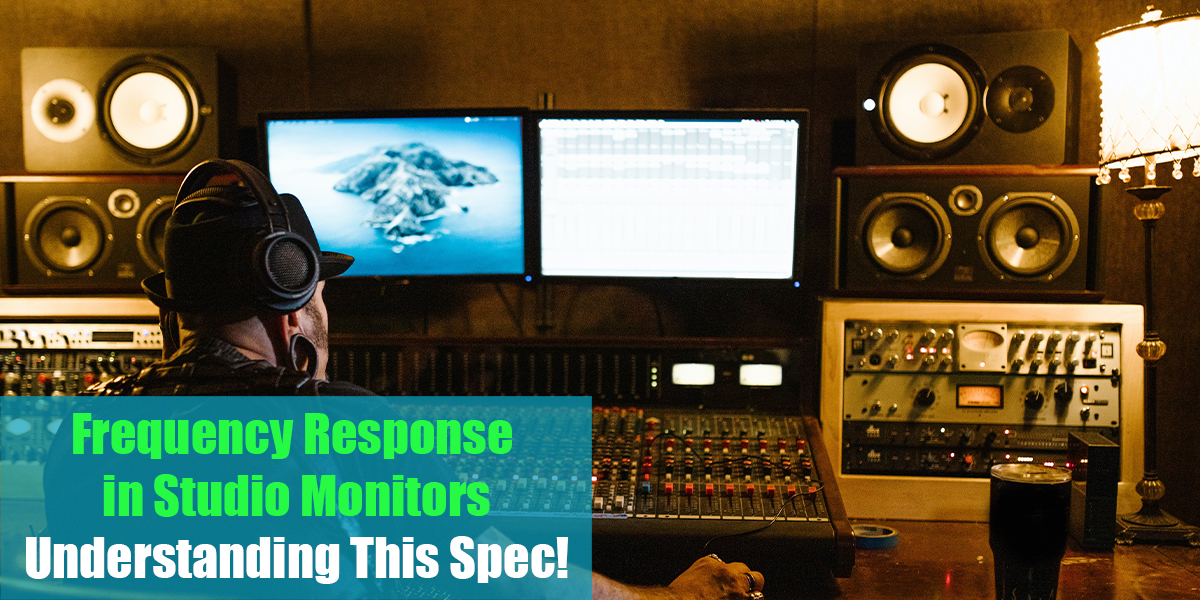

[…] Source: https://themixingtips.com/what-is-sound-engineering/ […]
I like that you talked about how a sound engineer is accountable for the technical aspect of recording or live performances. We are organizing a really big event right now and I think we need some help with the sound aspect. So, we should probably hire a sound engineer.